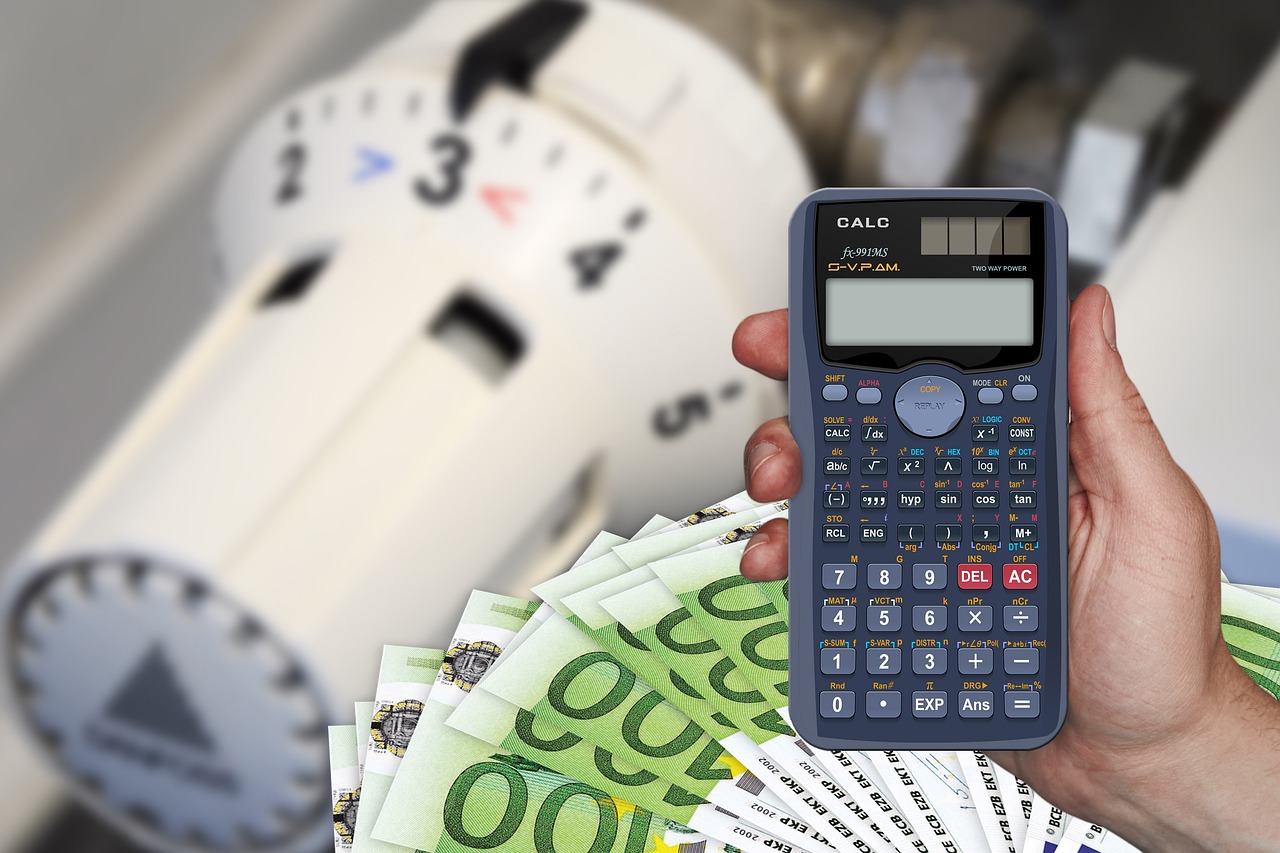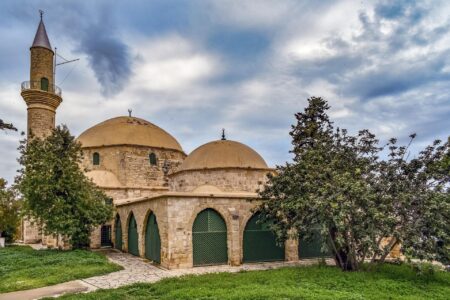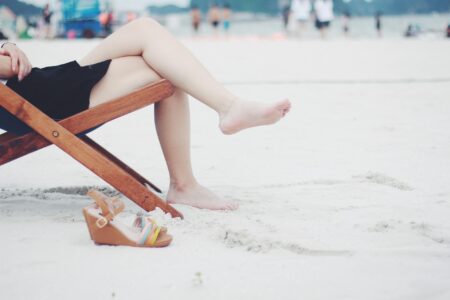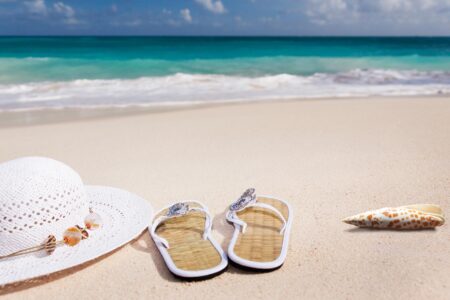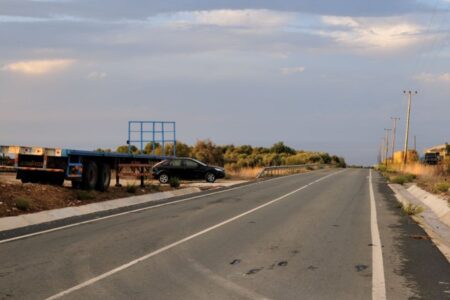Cyprus, known for its picturesque beaches and warm Mediterranean climate, attracts tourists from all over the world. Summer here lasts almost half the year, offering hot days and warm seas. However, even on this sunny island, winter comes, and though short, it can be surprisingly chilly. For locals and recent residents of Cyprus, heating becomes just as important as coping with summer heat. Let’s explore how Cypriots handle the cold, which heating systems they use, and how to make your home warm and cozy during winter months.
Contents
- 1 Climatic Features of a Cypriot Winter
- 2 Architecture and Heating Challenges
- 3 Traditional Heating Methods
- 4 Modern Heating Solutions
- 5 Energy Efficiency and Insulation
- 6 Government Programs and Subsidies
- 7 Alternative Heating Methods
- 8 Using Electric Blankets
- 9 Heating Costs and Savings
- 10 Preparing Your Home for Winter
- 11 Tips for a Cozy Winter
Climatic Features of a Cypriot Winter
At first glance, winter in Cyprus might seem like a slightly cooler summer. But this is far from reality. Average daytime temperatures in winter range from +13°C to +17°C, but at night, the thermometer can drop to +5°C or even lower. In mountainous areas like Troodos, temperatures often fall below zero, and snow transforms the peaks into a true winter wonderland.
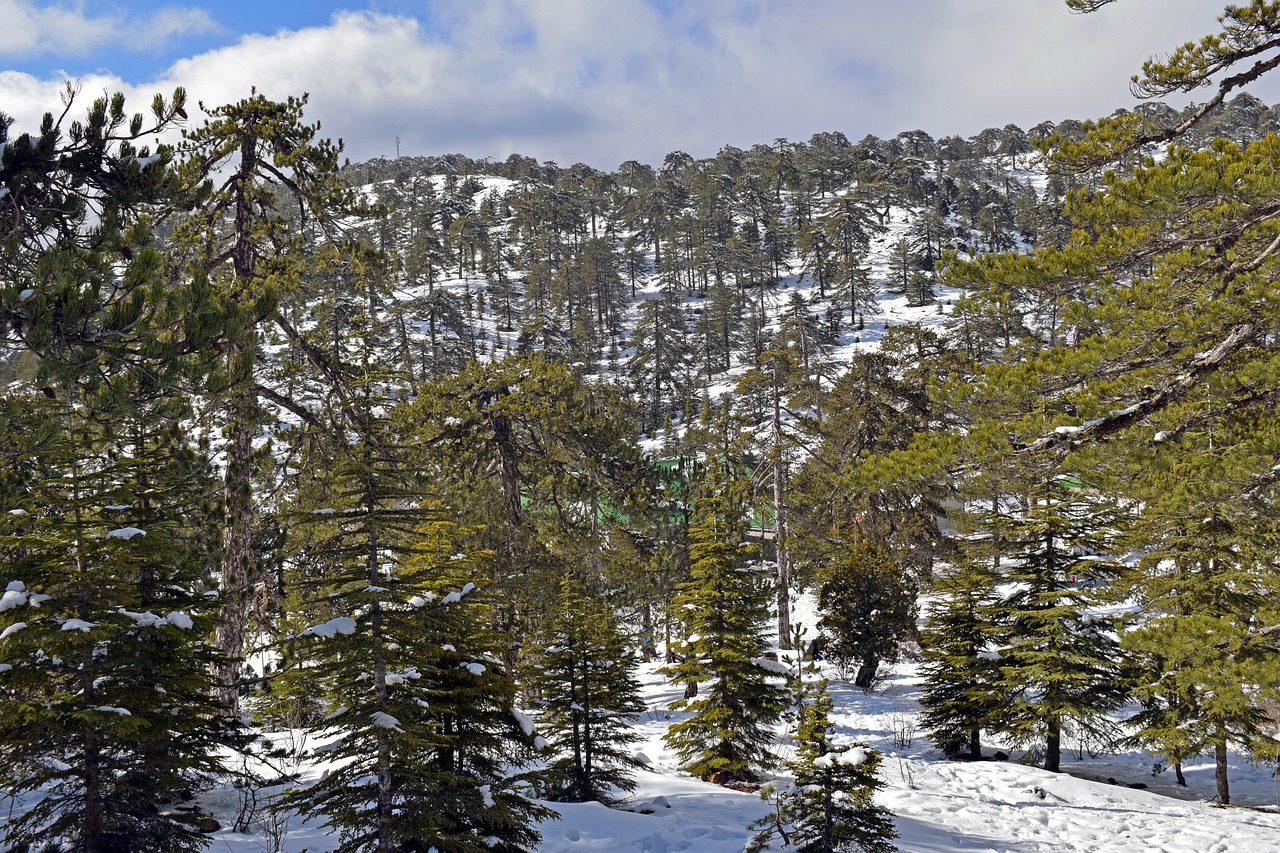
One notable feature of a Cypriot winter is high humidity. Combined with low temperatures, it creates a sensation of greater cold than the thermometer indicates. Homeowners and renters frequently complain about dampness, mold, and condensation on windows. This occurs because many buildings on the island are not designed to retain heat.
Architecture and Heating Challenges
Traditional Cypriot architecture is geared toward combating summer heat. Thick stone walls, high ceilings, and tiled floors help keep homes cool during hot months. However, in winter, these homes cool down quickly and warm up slowly. The lack of central heating and poor insulation exacerbates the situation.
Many modern buildings are still constructed with the same principles as decades ago, neglecting energy efficiency and heat retention. Single-glazed windows, gaps in doors and window frames, and uninsulated walls lead to rapid heat loss and rising electricity bills.
According to Eurostat, about 19% of Cyprus residents cannot afford adequate heating during winter. This is nearly double the average in the European Union, highlighting the severity of the problem and the need for effective solutions.
Traditional Heating Methods
Despite modern technologies, many Cypriots continue to rely on time-tested methods to heat their homes.
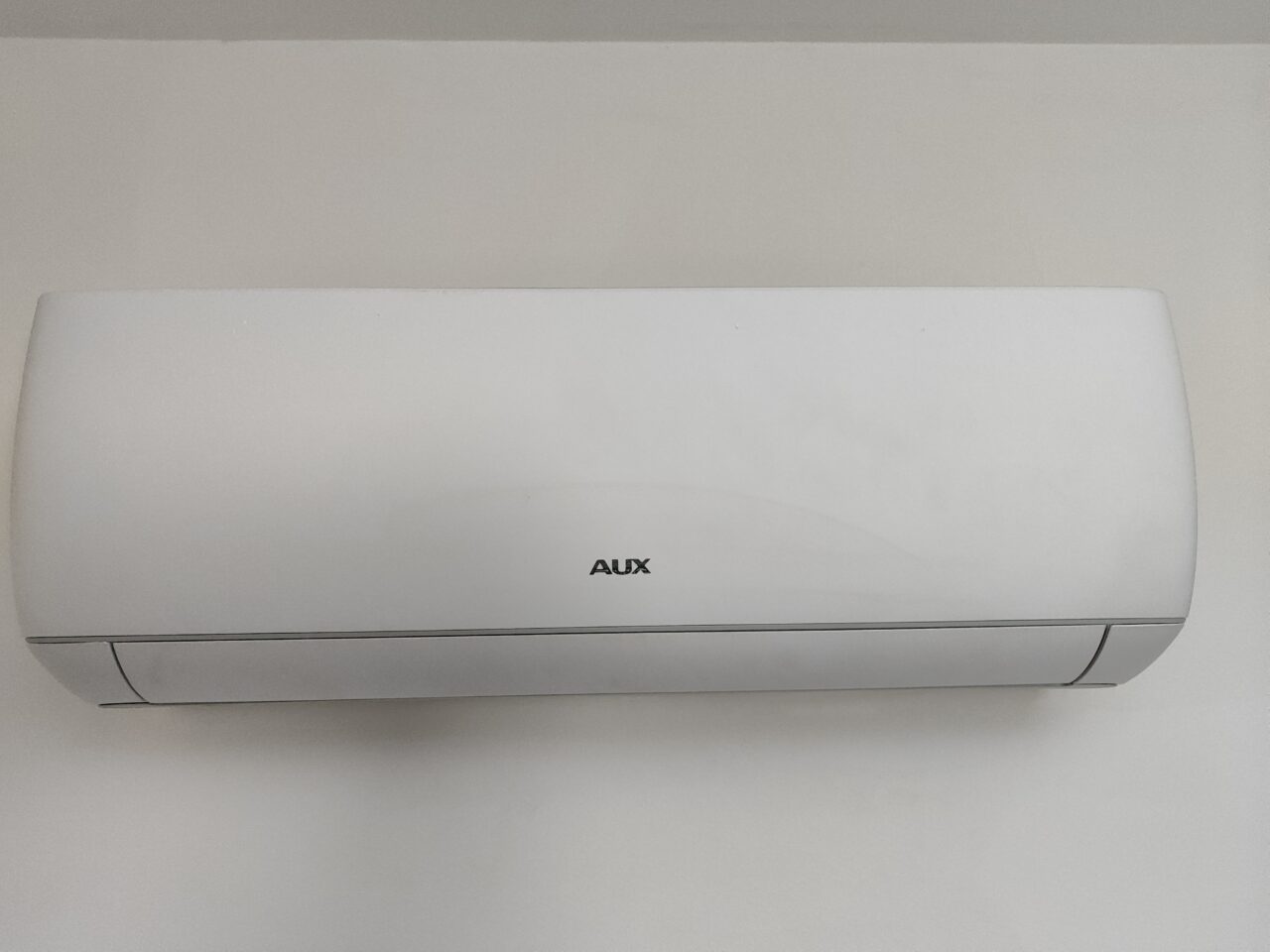
Air conditioners with heating mode are one of the most common options. Nearly every home in Cyprus has air conditioners to combat summer heat, which can also be used for heating in winter. However, this method isn’t always effective. Air conditioners quickly heat the air but cannot warm walls or furniture. Additionally, they dry the air, causing discomfort and potential health issues. Frequent use of air conditioners for heating can also lead to significant electricity costs.
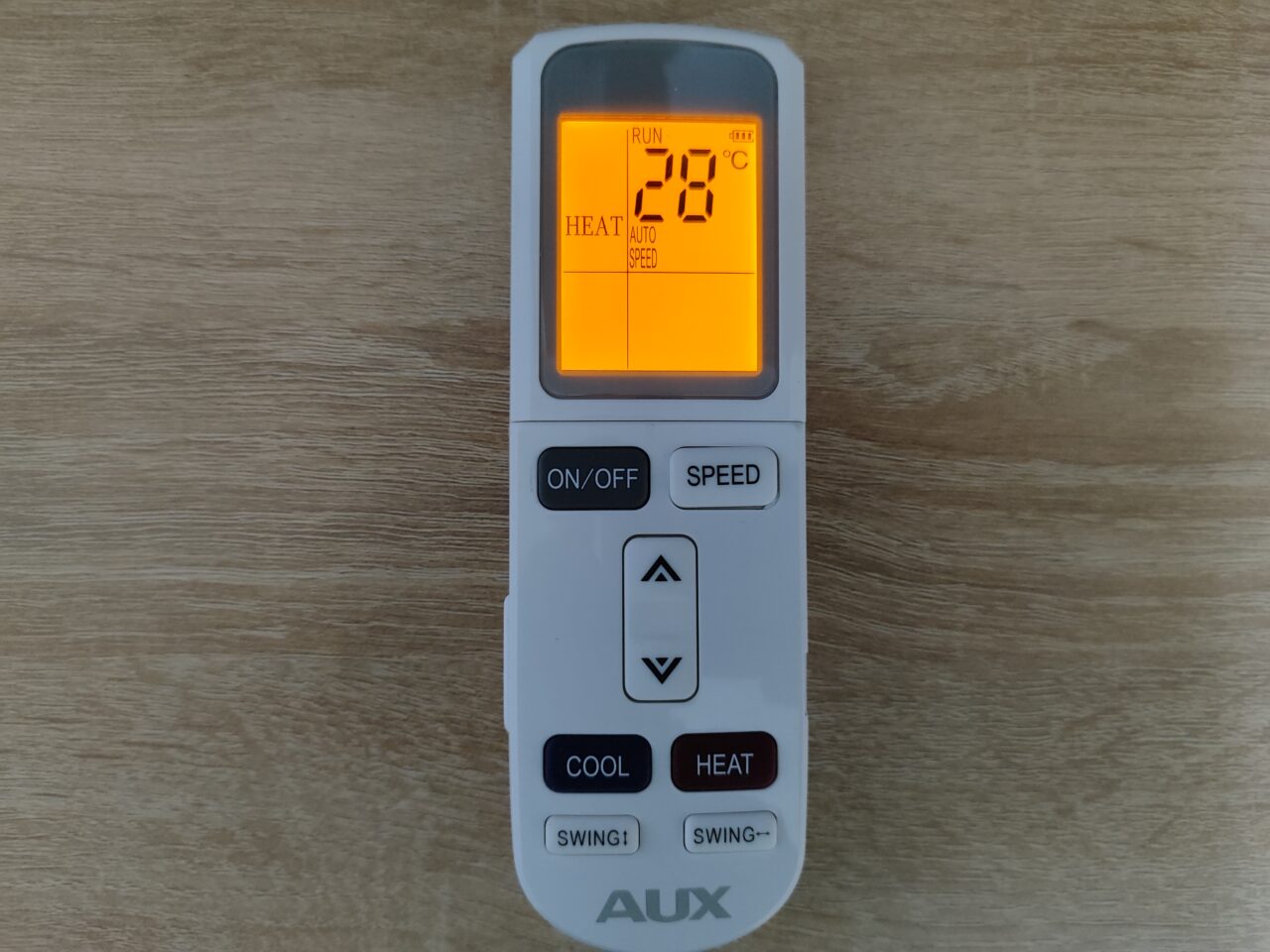
Gas heaters and portable gas cylinders are popular among island residents. These are mobile, easy to move from room to room, and quickly heat small spaces. However, they require caution. Proper ventilation is necessary to avoid carbon monoxide buildup. Moreover, gas cylinders need regular replacement, which can be inconvenient.
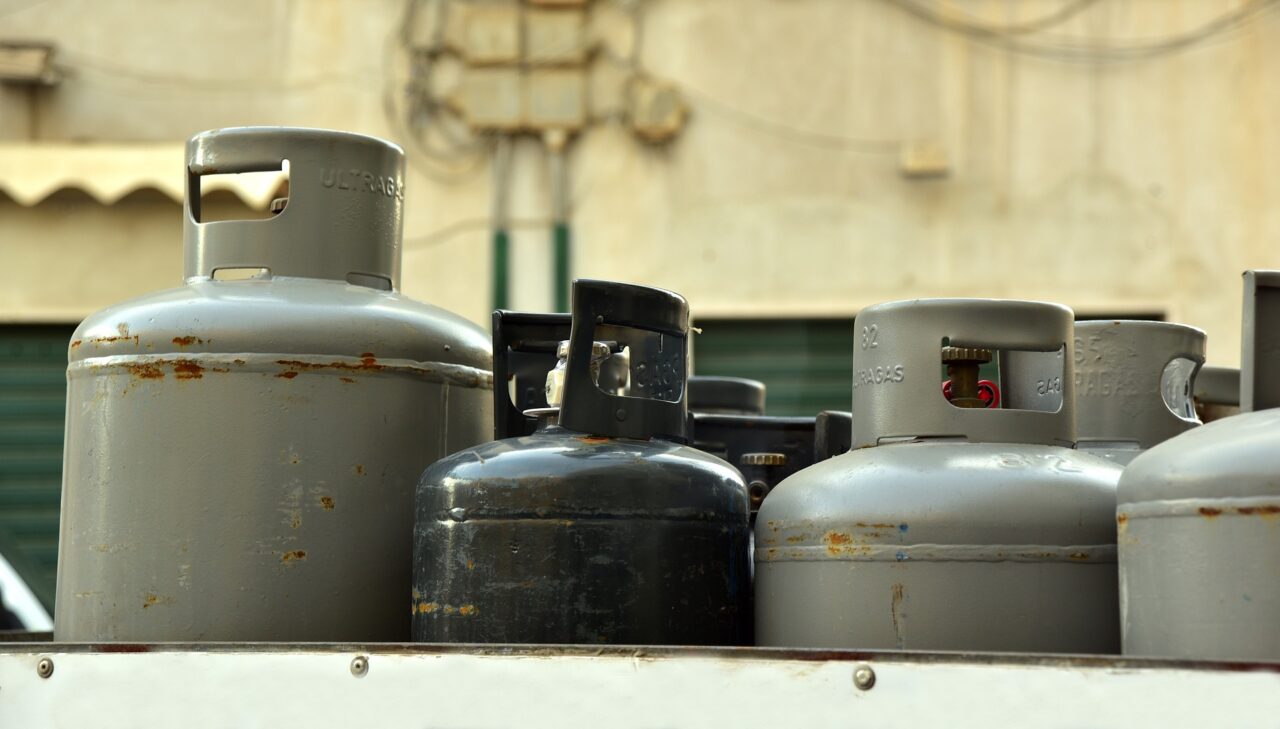
Electric radiators and fan heaters are affordable and easy to use. They efficiently heat small spaces but consume a lot of electricity. Prolonged use can lead to substantial electricity bills.
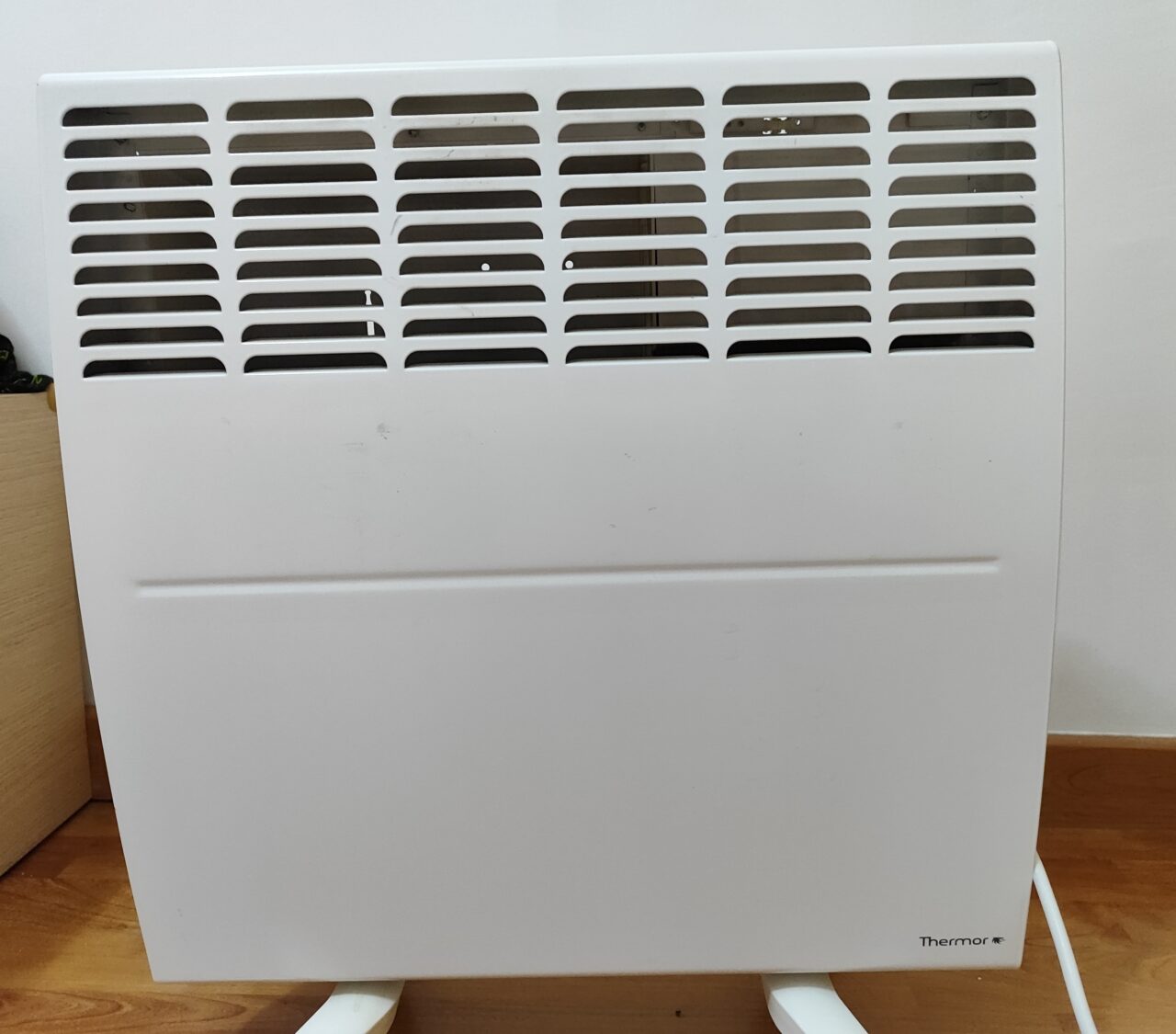
Modern Heating Solutions
In recent years, there has been growing interest in modern, energy-efficient heating systems in Cyprus. This trend reflects increased awareness of energy conservation and a desire to reduce utility costs.
Solar water heaters are widely used on the island. Cyprus is one of the world leaders in solar energy utilization for water heating, with about 90% of homes equipped with solar panels. This eco-friendly and cost-effective solution is highly effective. However, during winter months with fewer sunny days, these systems may require supplementary electric or gas heaters.
Heat pumps are an innovative technology that allows homes to be heated with minimal energy consumption. They extract heat from the environment—air, ground, or water—and convert it into warmth for the home. While heat pump installation requires significant initial investment, it offers substantial long-term savings on heating costs.
Energy Efficiency and Insulation
One of the key factors in effective heating is a building’s energy efficiency. Proper insulation helps retain heat, reducing the need for additional heating.
Wall and roof insulation prevents heat loss through the building’s surfaces. Using modern insulating materials can reduce heat loss by up to 50%.
Energy-efficient windows and doors with double or triple glazing significantly reduce heat leakage, which is especially important in homes with large windows and balcony doors.
Draft-proofing with sealants and weather strips eliminates gaps and cracks where heat can escape.
Government Programs and Subsidies
Recognizing the importance of energy efficiency, the Cypriot government offers various support programs for residents. These include subsidies and low-interest loans for home upgrades, such as installing solar panels. These initiatives aim to improve living conditions while fulfilling international commitments to reduce greenhouse gas emissions and transition to renewable energy sources.
Alternative Heating Methods
In addition to traditional and modern heating systems, Cypriots use other methods to stay warm during cold days.
Wood-burning stoves and fireplaces remain a popular choice in rural and mountainous areas. Firewood is accessible and relatively inexpensive. A live fire creates a cozy atmosphere, though this method requires preparation, such as stocking wood, cleaning chimneys, and regular maintenance.
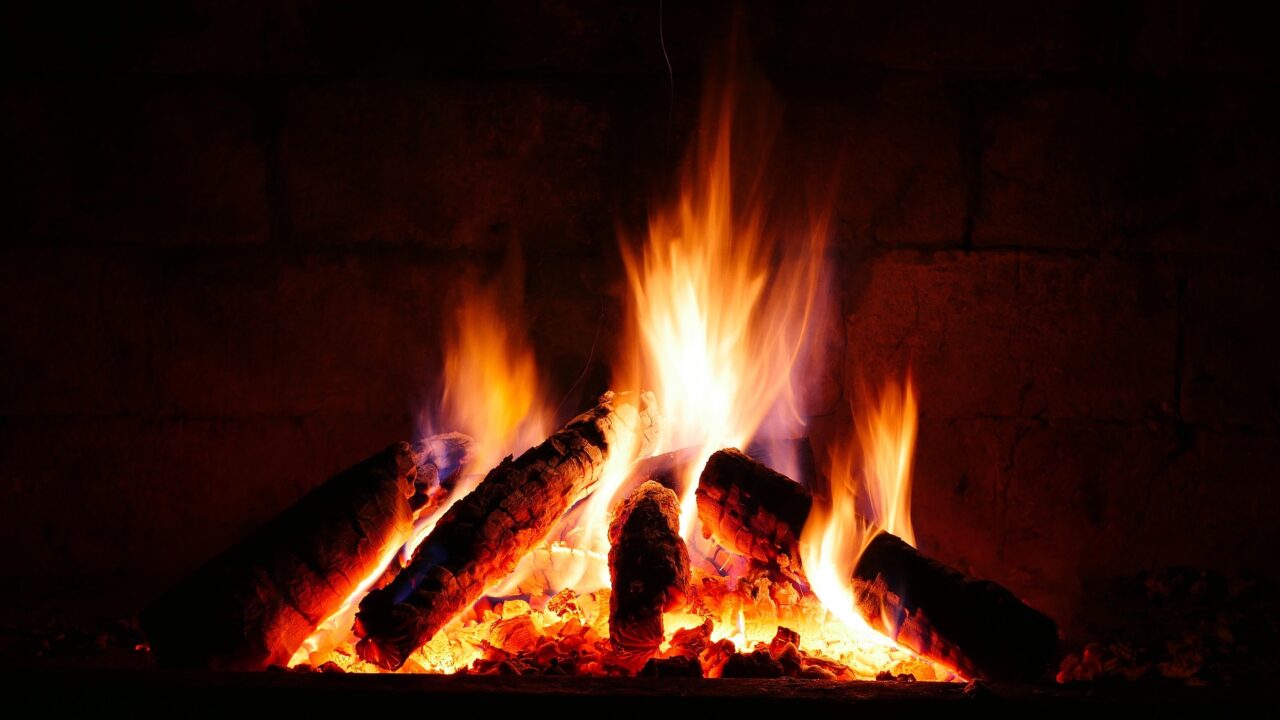
Infrared heaters warm objects and people directly instead of the air, offering quick heat and energy efficiency. They are compact, safe, and easy to use.
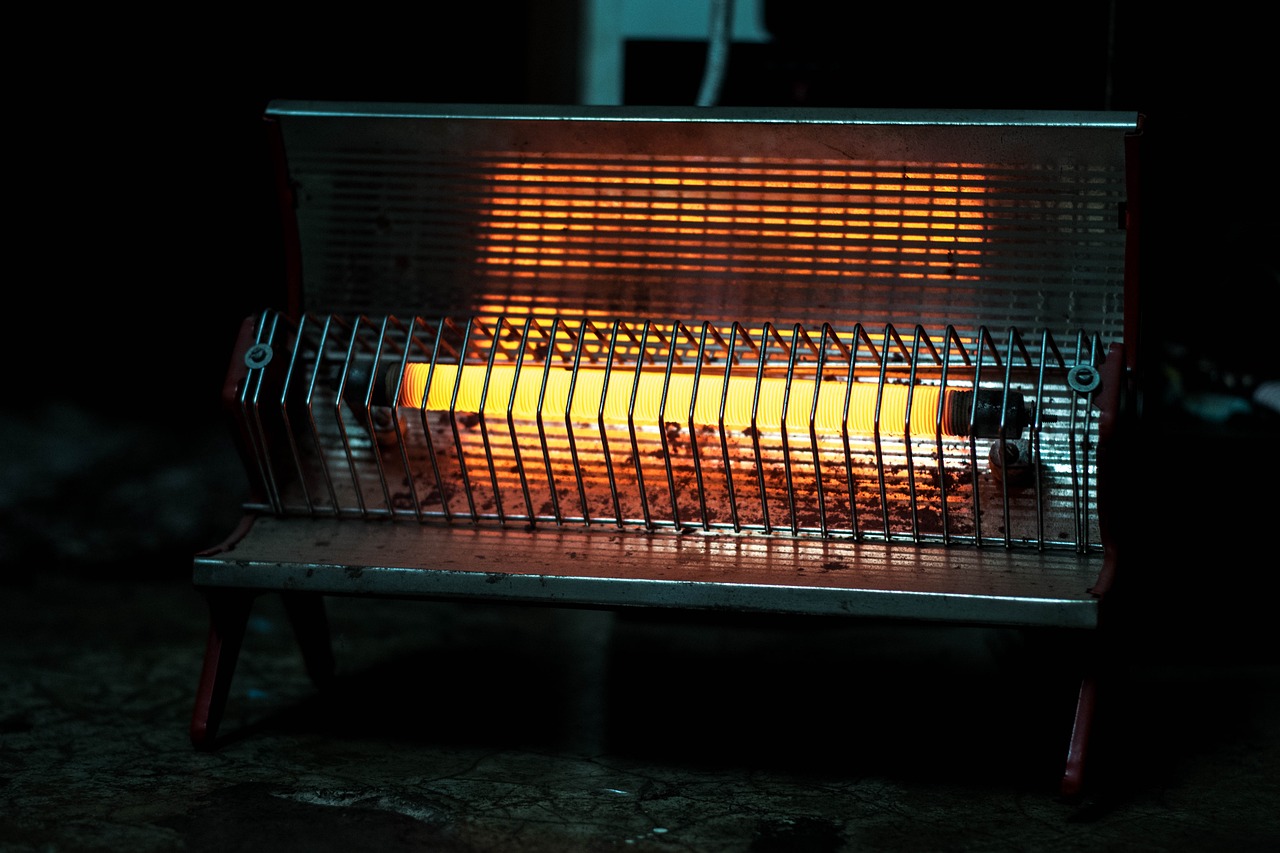
Electric underfloor heating provides even heat distribution throughout a space. Walking barefoot on a warm floor is pleasant and comfortable. Although installation costs are high, this system enhances comfort and can increase property value.
Using Electric Blankets
Electric blankets are becoming increasingly popular in Cyprus as an efficient way to stay warm on cold nights. They quickly warm the bed, ensuring a comfortable and deep sleep. Electric blankets consume relatively little electricity compared to other heating devices.
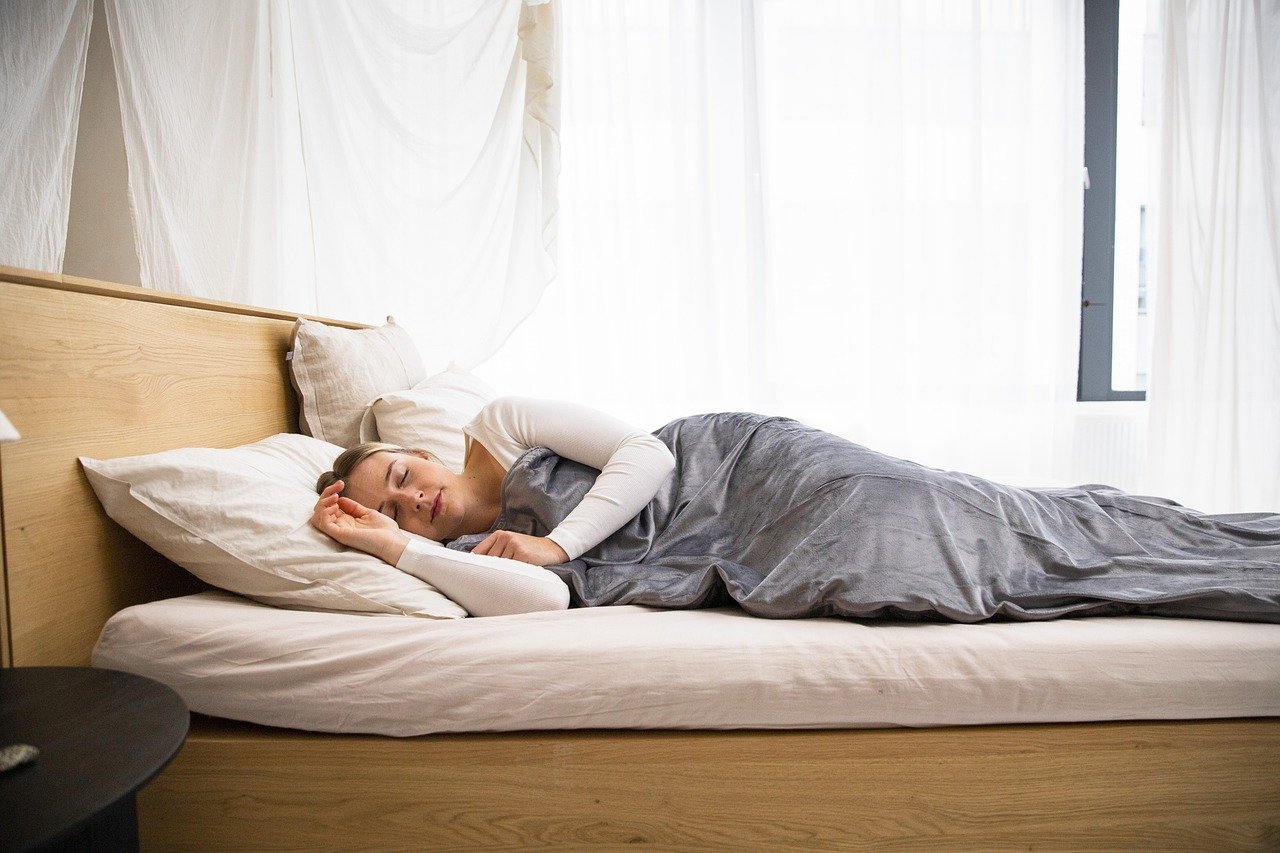
Advantages of electric blankets:
- Energy savings: Warming the bed allows you to lower room temperature, reducing energy consumption.
- Comfort and health: Gentle warmth helps relax muscles, relieve tension, and improve blood circulation.
- Safety: Modern electric blankets feature automatic shut-off and overheating protection.
To use electric blankets safely, follow manufacturer instructions, inspect them for damage, and store them properly.
Heating Costs and Savings
Planning a heating budget is essential for every homeowner. Different methods have various cost implications. Air conditioners and electric devices are usually more expensive due to high electricity costs. Gas heaters are more economical but require regular gas cylinder purchases. Wood-burning stoves are inexpensive to operate but require labor for wood preparation. Modern systems like heat pumps and underfloor heating require significant initial investment but offer long-term savings.
Preparing Your Home for Winter
To make your home warmer and cut heating costs, follow these simple steps:
- Conduct an energy audit to identify and fix heat loss points.
- Install thermostats and timers to control temperature and save energy.
- Use textiles like rugs and heavy curtains for extra insulation.
- Ventilate rooms briefly but intensively to refresh air without significant heat loss.
Tips for a Cozy Winter
Stay warm with hot drinks, soups, and hearty meals. Dress in layers to retain body heat better. Use hot water bottles, electric blankets, and heated mattresses for comfortable sleep in a cool room. Spend time with family—shared evenings and movie nights create a warm and welcoming atmosphere.

Winter in Cyprus can be surprisingly cool, especially for those accustomed to the island’s heat. With proper preparation and the right heating methods, you can create a comfortable environment even on the coldest days. Combining traditional techniques, modern technologies, and energy-efficient measures ensures warmth and savings.
Remember, investing in home insulation and heating is an investment in the future. A warm and cozy home is key to health and happiness for the whole family. While enjoying Cyprus’ winter landscapes, you’ll discover new dimensions of this incredible island, which is beautiful all year round.

